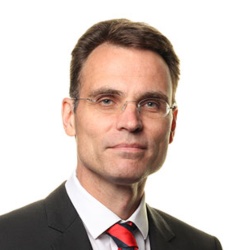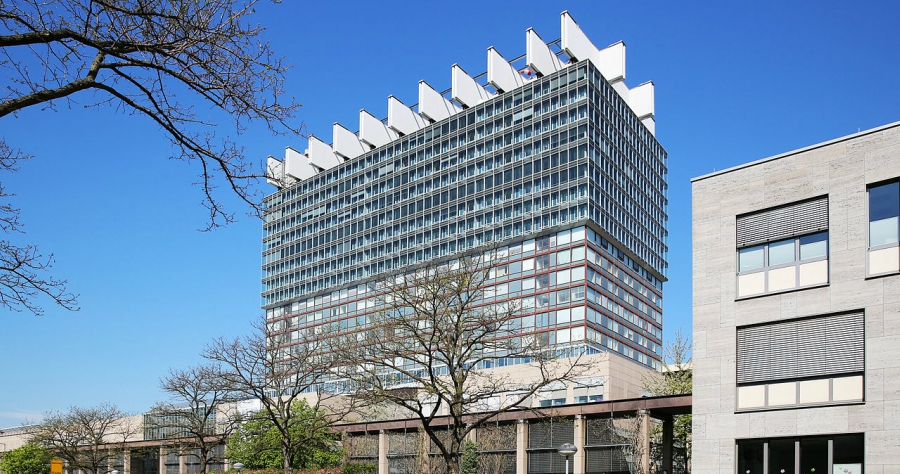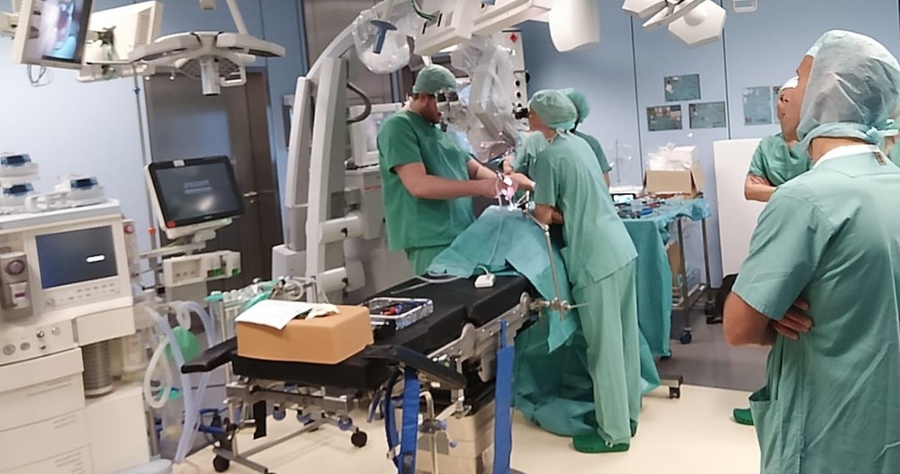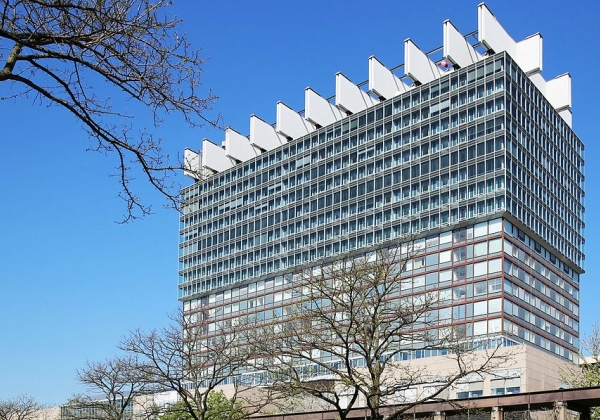University Hospital Cologne
![]() Cologne, Germany
Cologne, Germany
Diagnosis of Angina pectoris
- Initial consultation with the doctor
- clinical examination
- cardiological examination
- review of medical records
- laboratory tests:
- complete blood count
- biochemical analysis of blood
- lipid profile
- kidney function test
- metabolic status
- hormonal analysis
- cardiovascular disease risk markers
- general urine analysis
- ECG
- chest X-ray
- stress echocardiography
- graded exercise stress test
- myocardial perfusion scintigraphy (if indicated)
- coronary artery calcium (CAC) score by fast CT (if indicated)
- electron-beam computed tomography (EBCT)
- CT coronary angiography (if indicated)
- nursing services
- consultation with cardiologist
- consultation with other related specialists
- explanation of an individual treatment plan
- written prescription
Department of Cardiology, Pulmonology, Angiology and Intensive Care Medicine

Head of the Department
Prof. Dr. Stephan Baldu
Department of Cardiology, Pneumology, Angiology, and Intensive Care Medicine at University Hospital Cologne provides care for patients with cardiovascular and lung diseases. The department offers the full range of cutting-edge technology for the diagnosis and treatment of coronary...
Read MoreAbout University Hospital Cologne
University Hospital Cologne, established in 1871, is known as a modern tertiary care center with a bed capacity of nearly 1,500 beds where the medical teams treat 370,000 patients every year. The hospital consists of more than 20 specialized departments that have state-of-the-art diagnostics and therapeutics as well as a qualified staff of nearly 11,000 employees as the hospital is one of the largest medical employers in Germany.
The hospital provides medical care for the full range of diseases as it has some specialized centers such as the Center for Integrated Oncology, Center for Rare Diseases, Center for Family Healthy, Head and Neck Tumor Center, and Center for Surgical Pediatrics. There’s also a Palliative Medicine department where modern pain therapy is practiced with care. The research unit in each department aims to enhance diagnostic and therapeutic technology and gain a better understanding of the diseases for early detection and treatment.






